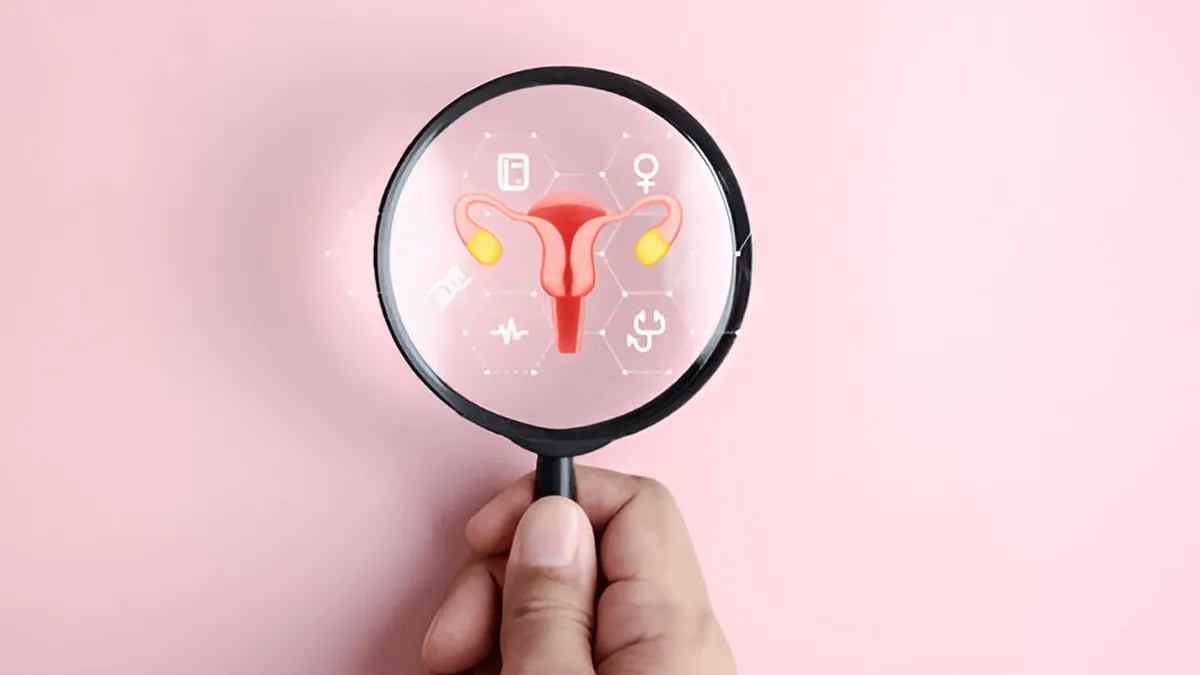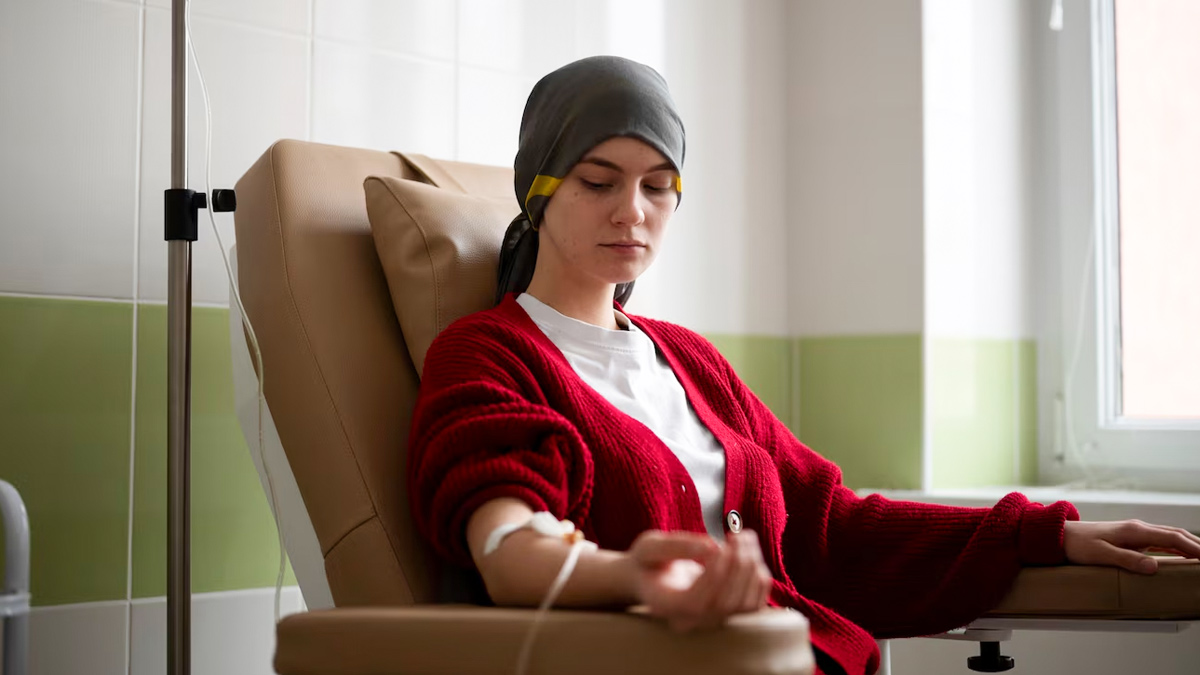
For many young individuals facing a cancer diagnosis, one of the first thoughts that surfaces after the shock is, 'Will I be able to have children after this?' It’s a deeply personal concern, yet one that's often overshadowed by the urgency to begin treatment. The truth is, if you are planning to have children in the future, the time to think about fertility is before treatment begins, not after. Because once chemo or radiation starts, some options may no longer be available.
Table of Content:-
We spoke to Dr Manjula Anagani, Padmashree Awardee, Clinical Director, Robotic Gynaecologist and HOD, Care Vatsalya, Women and Child Institute, CARE Hospitals, Banjara Hills, Hyderabad, who explained the importance of preserving fertility before treatment begins.
Cancer and Fertility: What’s the Connection?

“While cancer itself may not always directly affect fertility, the treatments used to combat it often can. Chemotherapy, radiation, and even some surgeries, particularly those involving reproductive organs, can have a long-term impact on fertility. In women, ovarian function can be compromised. In men, sperm production may be affected. These risks differ depending on the type of cancer, the patient's age, and the treatment approach,” explained Dr Anagani.
This is where oncofertility steps in; a specialised field that bridges oncology and reproductive medicine. It aims to give cancer patients the chance to become parents later in life, once they have crossed the finish line of treatment.
Acting Before Treatment Starts
The most important factor in fertility preservation is acting before the first dose of chemotherapy or the first round of radiation. Unfortunately, cancer treatment often needs to start quickly, and this urgency can leave little room for discussions about future parenthood. Yet even a few days of planning, when guided by an oncologist and fertility expert, can open doors to options that wouldn’t be available later.
“In women, common fertility preservation methods include egg freezing or embryo freezing. These involve stimulating the ovaries to produce multiple eggs, retrieving them through a minor procedure, and storing them for future use. For men, sperm banking is a straightforward and effective option,” added Dr Anagani.
Also Read: The Hidden Risk: Expert Explains The Link Between Obesity And Ovarian Cancer
Why Time is Not on Your Side

“Some cancer treatments are less harmful to reproductive function, while others can be quite aggressive. But regardless of the type of treatment, every passing week can make fertility preservation more difficult. Hormonal stimulation for egg retrieval, for instance, takes about 10–14 days, a timeline that must be factored into treatment planning. If this window is missed, options become limited,” said Dr Anagani.
Fertility preservation before initiating chemo correlates with higher ovarian function and pregnancy rates, according to the American Society of Clinical Oncology’s latest guidelines.
This is why early discussions are critical. Ideally, the fertility team should be involved in the treatment planning process from the beginning. A coordinated approach helps to guarantee that cancer treatment is not delayed while simultaneously protecting the patient's future fertility.
Emotional Toll and Tough Choices
For many patients and families, the fertility conversation can be emotionally charged. When the focus is on survival, addressing parenthood may seem remote or even overwhelming. But making the decision early might provide a sense of hope and control amid chaos.
Young people and teenagers, in particular, may require more support. Parents, guardians, and counsellors can all help them comprehend their options. These decisions are more than just medical; they are deeply personal, based on how one envisions the future after cancer.
Also Read: Beyond the Beam: Easing Cancer Treatment with Sensitive and Supportive Care
What Doctors Want You to Know
From a clinical standpoint, the message is clear: cancer and fertility preservation should be addressed together, not as separate concerns. Many hospitals now offer oncofertility counselling as part of the initial workup for young cancer patients, and this should become standard practice.
Every person deserves the right to plan for life after cancer, not just in terms of health, but in terms of family, too. It’s not just about surviving the illness. It’s about living fully once it’s over.
Bottomline
Dr Anagani concluded, “If you or someone you love has been recently diagnosed with cancer and is of reproductive age, don’t hesitate to ask about fertility preservation. The conversation might be brief, but its impact can last a lifetime. When timing is everything, even one informed choice can make all the difference. Speak to your oncologist or a fertility specialist early because the best time to plan for tomorrow is today.”
[Disclaimer: This article contains information provided by an expert and is for informational purposes only. Hence, we advise you to consult your professional if you are dealing with any health issue to avoid complications.]
Also watch this video
How we keep this article up to date:
We work with experts and keep a close eye on the latest in health and wellness. Whenever there is a new research or helpful information, we update our articles with accurate and useful advice.
Current Version